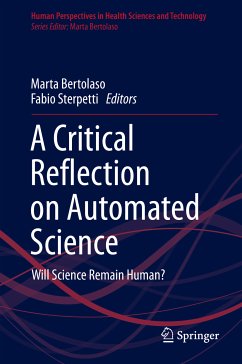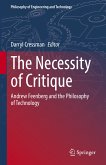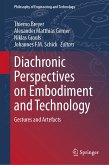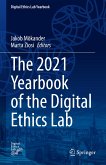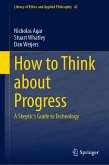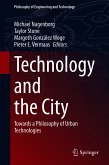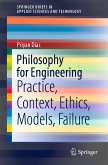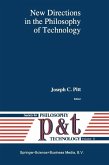This book provides a critical reflection on automated science and addresses the question whether the computational tools we developed in last decades are changing the way we humans do science. More concretely: Can machines replace scientists in crucial aspects of scientific practice? The contributors to this book re-think and refine some of the main concepts by which science is understood, drawing a fascinating picture of the developments we expect over the next decades of human-machine co-evolution. The volume covers examples from various fields and areas, such as molecular biology, climate modeling, clinical medicine, and artificial intelligence. The explosion of technological tools and drivers for scientific research calls for a renewed understanding of the human character of science. This book aims precisely to contribute to such a renewed understanding of science.
Dieser Download kann aus rechtlichen Gründen nur mit Rechnungsadresse in A, B, BG, CY, CZ, D, DK, EW, E, FIN, F, GR, HR, H, IRL, I, LT, L, LR, M, NL, PL, P, R, S, SLO, SK ausgeliefert werden.
Hinweis: Dieser Artikel kann nur an eine deutsche Lieferadresse ausgeliefert werden.

